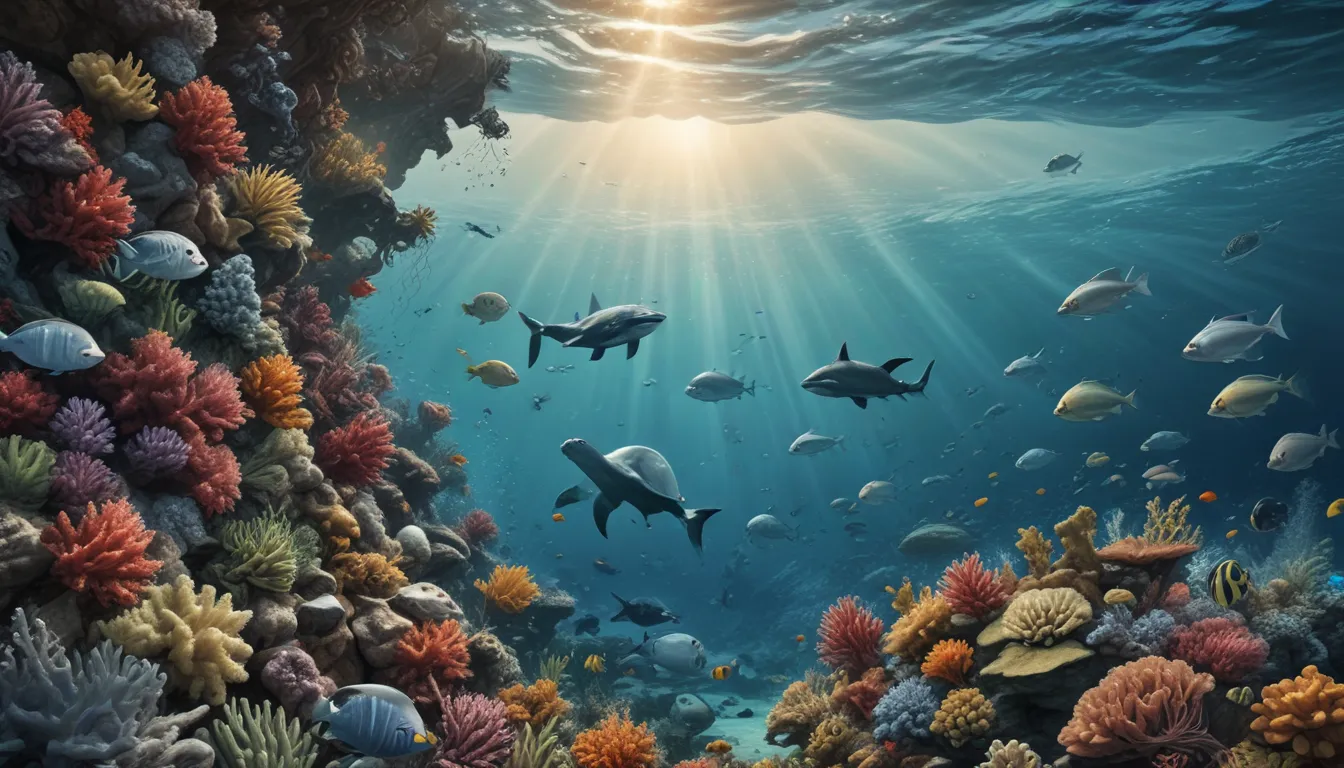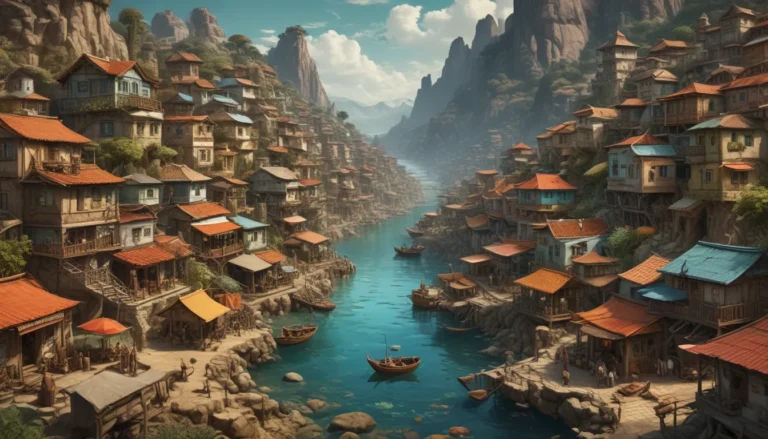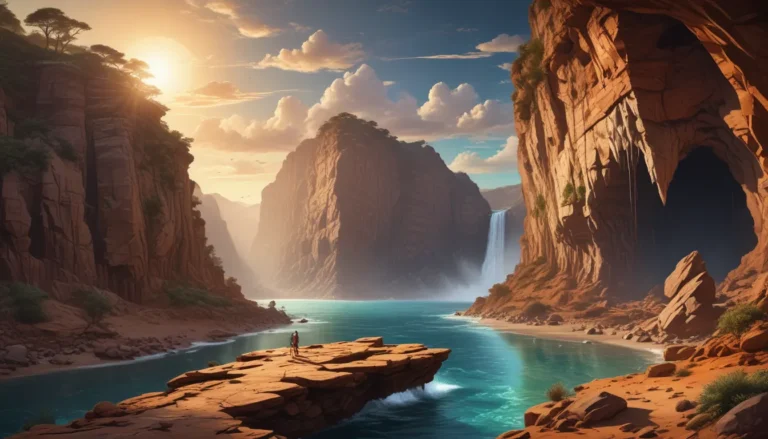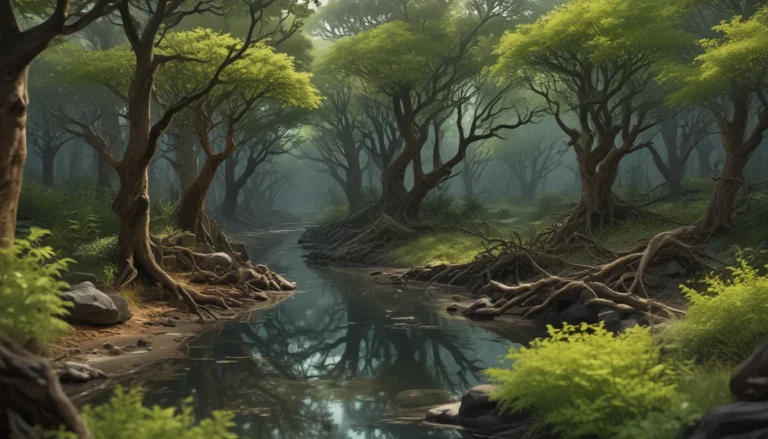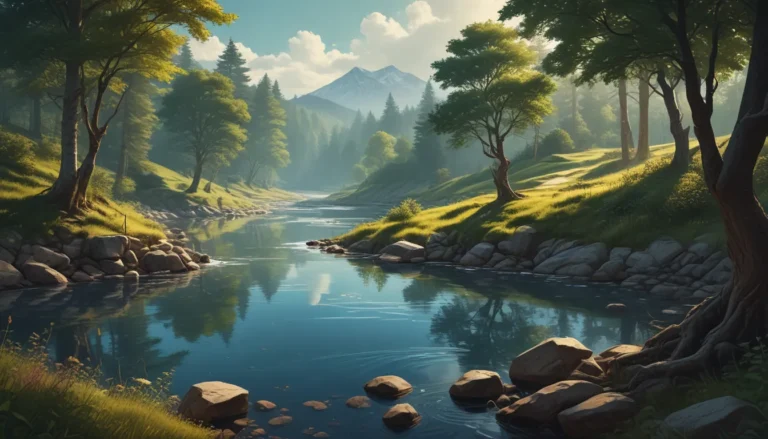A Note About Images: The images used in our articles are for illustration purposes only and may not exactly match the content. They are meant to engage readers, but the text should be relied upon for accurate information.
Marine conservation is a vital field dedicated to safeguarding the oceans and the diverse ecosystems they support. As we become more aware of the importance of these marine environments, the need for effective conservation efforts grows stronger. In this article, we will venture into the captivating world of marine conservation and uncover ten fascinating facts that underscore the significance of protecting our oceans. From the remarkable biodiversity teeming beneath the waves to the impact of human activities on marine life, these facts shed light on the urgent need to prioritize conservation and ensure the long-term health of our oceans.
Whether you’re a nature enthusiast, an aspiring marine biologist, or simply curious about the wonders of the ocean, join us as we delve into the realm of marine conservation and unravel the amazing facts that make it such a vital area of study and action.
The Magnificent Great Barrier Reef
The Great Barrier Reef, situated off the coast of Australia, stands as the largest living structure on Earth. Spanning over 2,300 kilometers (1,400 miles), this natural wonder is visible even from space and serves as a thriving habitat for a diverse array of marine life. Preserving this remarkable ecosystem is essential for the well-being of future generations.
Overfishing: A Threat to Marine Ecosystems
Unsustainable fishing practices, particularly overfishing, can disrupt the delicate balance of marine ecosystems and deplete fish populations. Enforcing responsible fishing methods and establishing marine protected areas are crucial steps in ensuring the sustainability of our oceans.
Plastic Pollution: A Menace to Marine Life
Each year, millions of tons of plastic waste find their way into the oceans, posing a grave threat to marine life and their habitats. Taking initiatives to reduce the use of single-use plastics and promoting recycling efforts can help alleviate this pervasive issue.
Coral Reefs: Guardians of Marine Biodiversity
Coral reefs not only dazzle with their beauty and vibrant colors but also provide a haven for numerous marine species. These fragile ecosystems face challenges from pollution, warming waters, and ocean acidification, underscoring the need for conservation endeavors.
Marine Protected Areas: Safeguarding Biodiversity
Designated as regions where human activities are restricted or regulated, marine protected areas (MPAs) play a vital role in preserving crucial habitats and allowing ecosystems to recover. The creation of MPAs is instrumental in protecting marine biodiversity.
The Essential Role of Sea Turtles
Sea turtles are not just awe-inspiring creatures but also key players in marine ecosystems. They help uphold healthy seagrass beds and regulate jellyfish populations, making their conservation imperative for the overall well-being of our oceans.
Climate Change: A Looming Threat
The repercussions of climate change, such as rising sea temperatures, ocean acidification, and sea-level rise, directly impact marine ecosystems. Addressing climate change and its effects is imperative for the enduring survival of marine life.
Human Health Concerns from Marine Pollution
Contaminants and pollutants in our oceans, including heavy metals and chemicals, can permeate the seafood we consume. Taking measures to reduce coastal pollution is critical not only for marine life but also for safeguarding human health.
Embracing Sustainable Seafood Choices
By opting for sustainable seafood options, consumers can contribute to the conservation of marine ecosystems. Look for seafood bearing eco-labels like the Marine Stewardship Council (MSC) certification, ensuring that the fish was harvested using sustainable methods.
The Power of Collaboration for Marine Conservation
Addressing the intricate challenges confronting our oceans necessitates collaboration among governments, conservation organizations, scientists, and individuals. By uniting our efforts, we can effect meaningful change and protect marine ecosystems for generations to come.
In Conclusion
In conclusion, marine conservation stands as a vital pursuit that demands our attention and support. Understanding its significance and actively engaging in efforts to protect our oceans is paramount to ensuring the preservation of marine life for future generations. Whether it involves reducing plastic waste, supporting sustainable fishing practices, or advocating for marine protected areas, every action we take holds significance. Together, we can make a positive impact on our oceans and forge a sustainable future for marine ecosystems.
Frequently Asked Questions
-
Why is marine conservation important?
Marine conservation is crucial for maintaining the health and biodiversity of our oceans. It safeguards marine species, upholds ecological balance, and preserves essential ecosystems that regulate climate and provide resources for millions of people. -
How can I contribute to marine conservation?
You can contribute to marine conservation by reducing your plastic consumption, backing sustainable seafood choices, engaging in beach clean-ups, promoting responsible tourism practices, and advocating for the establishment of marine protected areas. -
What are the major threats to marine life?
Major threats to marine life encompass overfishing, habitat destruction, pollution (especially from plastics and chemicals), climate change, and ocean acidification. These factors can wield severe impacts on marine ecosystems and the reliant species. -
Are marine protected areas effective?
Yes, marine protected areas (MPAs) have proven efficacy in conserving marine life. By delineating specific zones as off-limits to fishing and other detrimental activities, MPAs aid in preserving ecosystems, bolstering fish populations, and fostering biodiversity. -
How does marine conservation benefit humans?
Marine conservation offers myriad benefits for humans. It sustains seafood stocks for sustainable fishing, shields coastlines from erosion and storm damage, nurtures tourism and recreation industries, and contributes to scientific research and innovation.
Trustworthy Content for Inquisitive Minds
Our dedication to delivering trustworthy and compelling content is at the core of our mission. Every fact on our platform is contributed by individuals like you, bringing a wealth of diverse insights and information. Our tireless editors rigorously review each submission to ensure the highest standards of accuracy and reliability. Trust in our commitment to quality and authenticity as you explore the captivating world of marine conservation with us.
